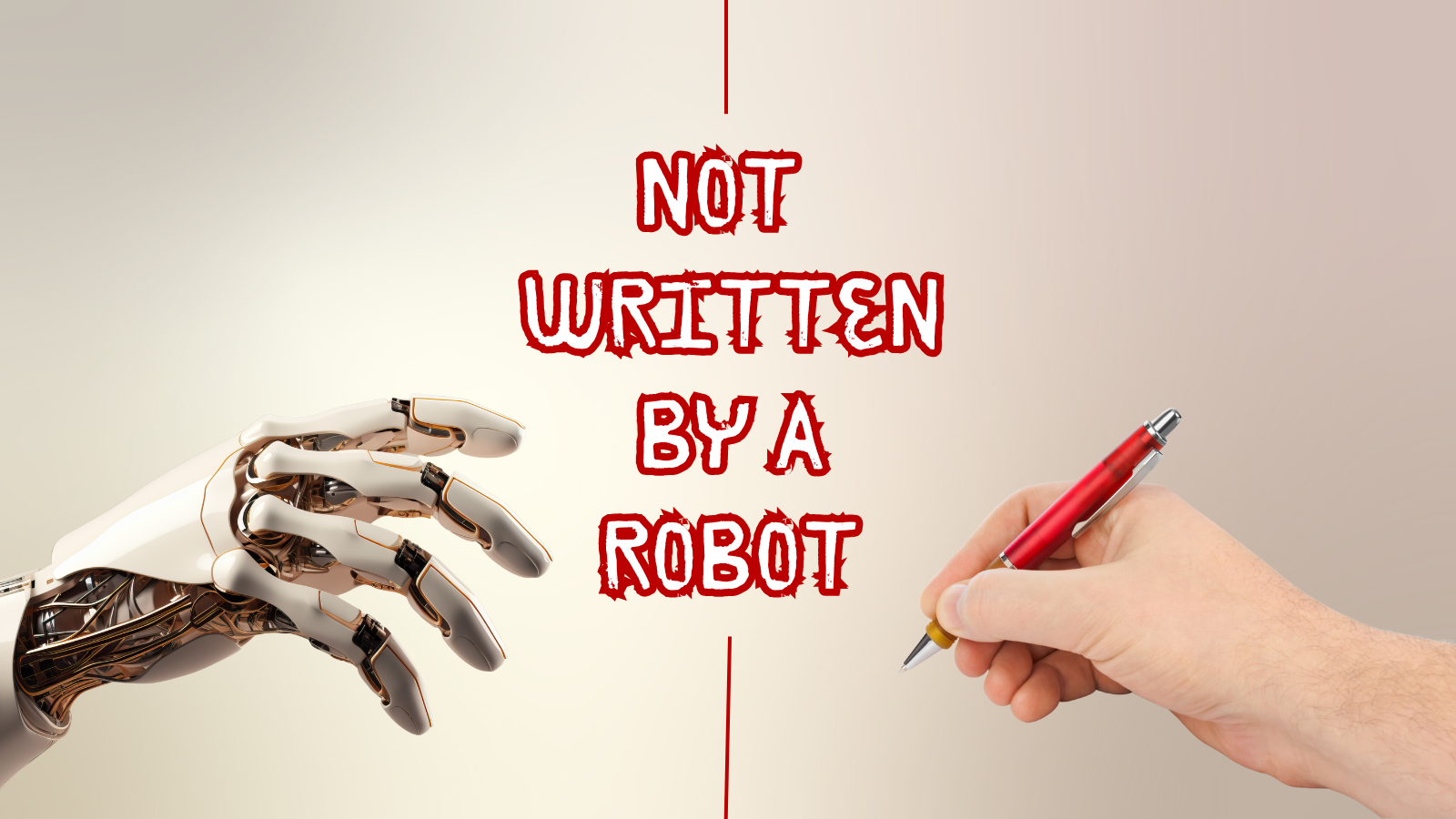Marketing isn’t magic + AI can't fake it
If your strategy isn’t grounded in discovery, it’s just guesswork.
Real strategy starts with discovery, not automation
 Let me just start by saying this... This article is not about how AI is coming for my job or how automation is ruining marketing. Nor has this piece been written by a robot...
Let me just start by saying this... This article is not about how AI is coming for my job or how automation is ruining marketing. Nor has this piece been written by a robot...
This is about something deeper.
The part of marketing that still needs people.
The bit AI can’t replicate.
The lived stuff. The hard-won stuff. The strategic thinking that sits behind every campaign that actually delivers.
Because real marketing strategy doesn’t come from a tool. It comes from discovery. Before I build out any marketing strategy, I always start with a discovery phase. Because no good strategy starts with assumptions.
Let me explain. Discovery helps me really understand the real story behind a business; what’s working, what isn’t and what’s missing. It’s the part that makes everything that comes next credible. It’s also the part that gets overlooked.
Marketing is complex. Because it’s human.
It’s strategic, but also emotive.
It’s based on data, but driven by behaviour.
It has purpose and structure, but sits inside ‘grey areas’ shaped by culture, timing, instinct and experience.
It’s reactive and proactive, fast-moving and long-term.
And it depends on more than just your product or positioning.
It depends on people. Tech. Timing. Teams. Confidence. Constraints.
That’s why I start with discovery. Because if you don’t understand the full picture; the past, the patterns, the blockers, then any strategy you build is just a guess in good clothes.
Here’s what that process looks like in real life:
- Analysing sales data, market trends and deal patterns across geographies
- Mapping products to sectors and actual customer pain points
- Interviewing leadership, sales, engineering and ops to surface blind spots
- Reviewing PR, messaging, case studies and web journeys
- Assessing martech tools (CRM, ERP, CMS) for visibility and performance
- Meeting in person to see the culture and expertise firsthand
It’s part research, part anthropology, part commercial strategy.
And it gives me what no brief or deck ever could — context.
AI can generate plans. It can’t draw on years of doing the work, seeing the gaps, knowing what to ask.
You could prompt an AI to build a marketing plan. And it might look fine.
But would it know why your partner programme isn’t landing?
Or why your Italian market converts faster than your UK one?
Would it spot the mismatch between how your brand sounds and how your customers actually speak?
Would it recognise the quiet confidence of your engineers — the kind that deserves to be at the heart of your story?
No. Because strategy isn’t surface-level. It’s made in the layers underneath.
Marketing strategy isn’t plug-and-play.
It can’t be templated. It can’t be borrowed from someone else’s business, or industry, or phase of growth.
What works for a D2C skincare startup doesn’t work for a high-touch, engineering-led B2B firm.
It’s the depth that makes it work. The experience of knowing what questions to ask, where to look, and what not to overlook.
The discovery process is part of the work.
Not an extra. Not a delay. Not a formality.
It’s the thing that turns a plan into a strategy, and a strategy into results.
When you understand a business — really understand it — you can build marketing that performs:
- That resonates with customers
- That supports sales
- That builds trust and brand equity
- That grows pipeline
Without that, you’re guessing.
The devils in the detail…
Yes, it’s detailed. Yes, it takes time. But this is the work I love most. The unpicking. The sense-making. The spark when the right idea lands because it’s rooted in truth, not trend.
Marketing is still underestimated. But the businesses that take it seriously are the ones that scale.
If you're in that in-between space — where something is working but growth isn't clicking — maybe what’s missing isn’t another campaign. Maybe it’s clarity.
